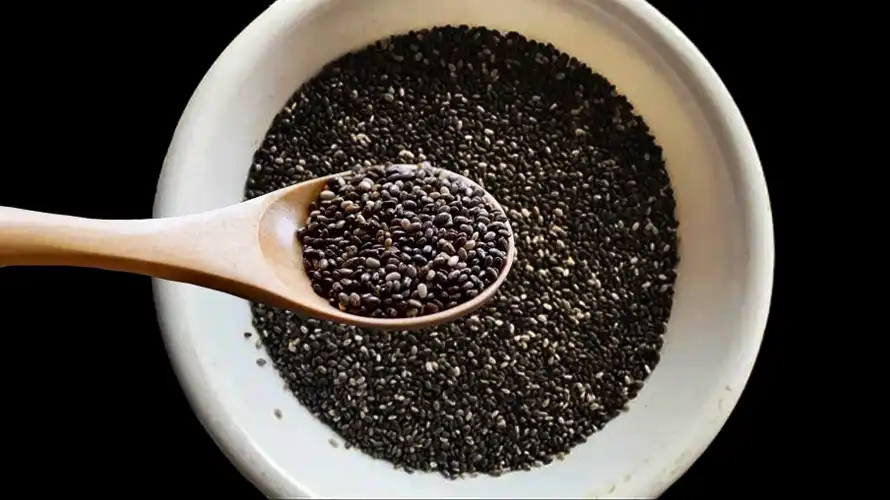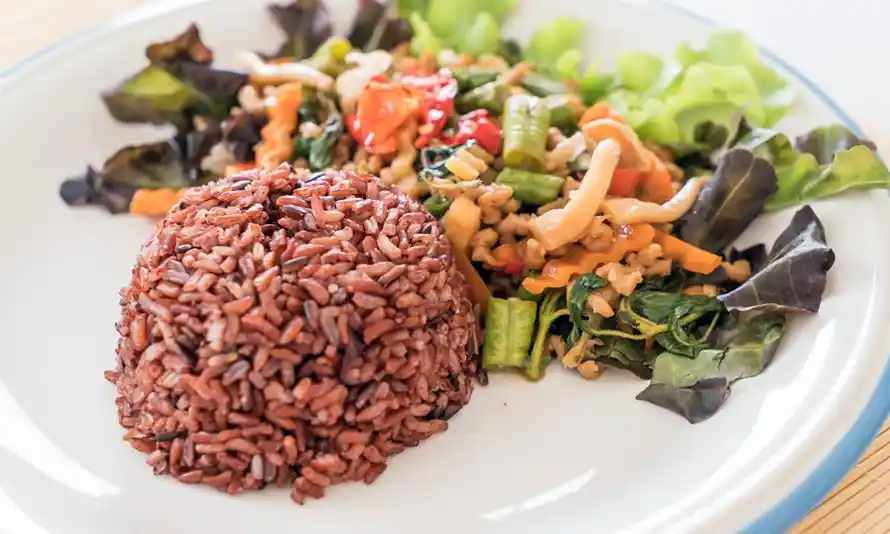” The debate over the health benefits of butter has persisted for decades due to its high-fat content. This report encompasses the nutritional aspects, health benefits, risks, and alternative options related to the use of butter, aiming to provide a comprehensive overview of its impact on one’s health. “

Butter, a staple in many cuisines worldwide, is a dairy product derived from milk or cream. The primary source of butter production is cow milk, although it can be extracted from other animals like goats, sheep, buffalo, and yaks. The process involves churning milk or cream, separating the fat globules from buttermilk. Sometimes, additives like salt and food coloring are incorporated.
Clarified butter or ghee is produced when water and milk particles are eliminated from butter. Highly regarded by chefs for its higher heat tolerance compared to regular butter, ghee is ideal for high-temperature cooking methods like frying and sautéing. It’s important to note that while certain products such as cocoa butter, peanut butter, and apple butter share a similar consistency, they don’t meet the technical definition of butter.
Nutritional Profile
One tablespoon of unsalted butter contains approximately 102 calories and 12 grams of fat, devoid of carbohydrates, fiber, sugar, or protein. Despite being calorie-dense and high in saturated fat, butter does offer some nutritional benefits. It contains essential nutrients such as calcium, Vitamin A, Vitamin D, and Vitamin E.
Health Benefits
When consumed in moderation, butter can be part of a healthy diet. It’s rich in calcium, crucial for bone health, and contains compounds associated with reduced obesity risks. Additionally, butter has been linked to the following health benefits:
- Cancer Risk Reduction: Butter’s beta-carotene content, converted into Vitamin A by the body, has been associated with lowered risks of certain cancers like lung and prostate cancer.
- Eye Health: The beta-carotene in butter may slow down age-related macular degeneration and prevent vision loss.
- Bone Health: Vitamin D and calcium in butter contribute to bone strength and help prevent bone-related conditions like osteoporosis.
- Skin Health: Butter’s Vitamin E content aids in protecting the skin from UV damage, reducing skin inflammation, and promoting quicker healing of skin wounds.
Types of Butter
Grass-fed Butter: Derived from cows allowed to graze, it contains lower saturated fats and more unsaturated fats. It is rich in nutrients like Vitamin K, Omega-3 fatty acids, and CLA, potentially offering health benefits over standard butter.
Whipped Butter: Best suited for spreading due to its volume-enhancing process using nitrogen gas. Not recommended for recipes due to its altered density.
Reduced-fat Butter: Contains about 40% less fat by replacing milk fat with water and gelatin, not ideal for baking or frying.
Clarified Butter (Ghee): The process involves removing milk solids and water from melted butter, preferred in high-heat cooking due to its high smoke point.
Comparative Analysis: Butter vs. Margarine
Butter, being a dairy product, contains saturated and trans fats. In contrast, margarine is made from vegetable oils, rich in unsaturated fats beneficial for heart health. Saturated fats in butter contribute to increased cholesterol levels, whereas unsaturated fats in margarine have been associated with lowering LDL cholesterol.
Health Implications and Substitutes
While butter offers nutritional value, its high calorie and saturated fat content necessitates moderate consumption, particularly for individuals with heart disease or those aiming to reduce calorie intake. Numerous alternatives such as spreadable butters, nut butters, coconut spreads, and avocado provide healthier options for baking and everyday use.
To summarize, while butter brings essential nutrients to the table, it’s crucial to consume it in moderation. Understanding its nutritional composition and exploring healthier substitutes can aid in maintaining a balanced diet and mitigating potential health risks associated with excessive saturated fat intake.
Hi…Just have a look at this also!






